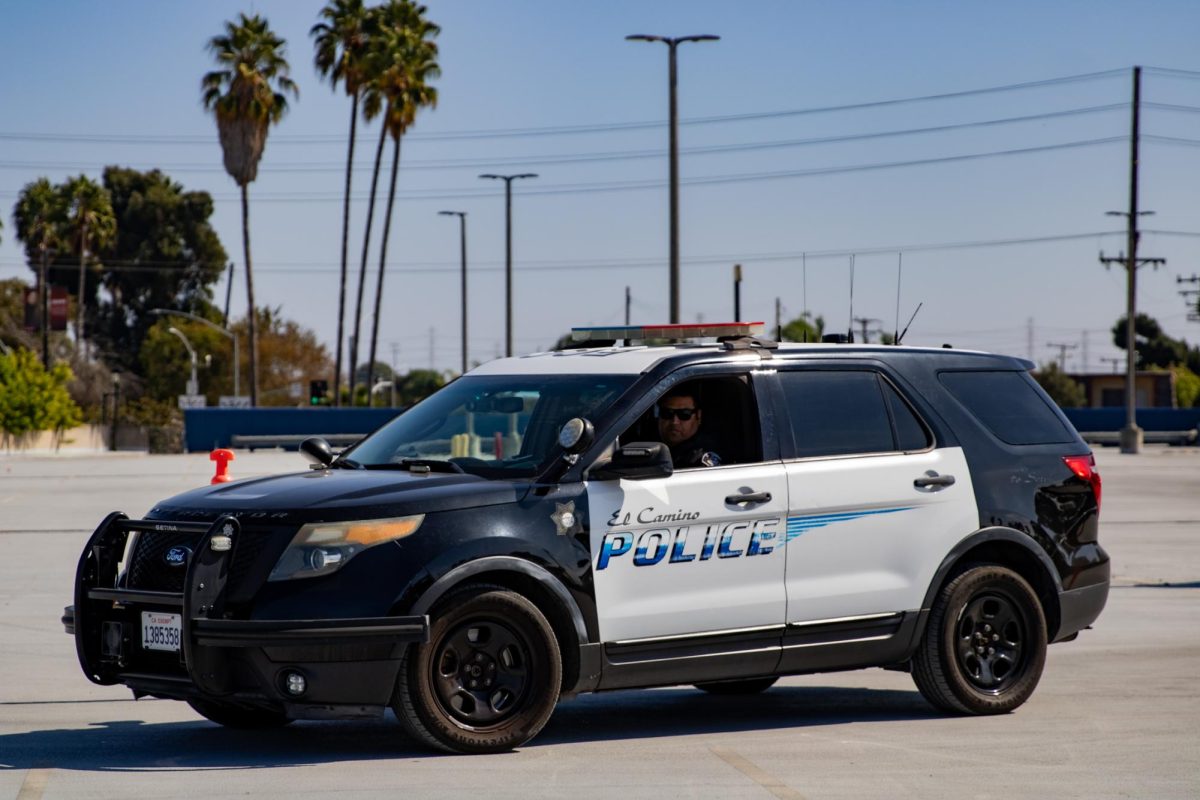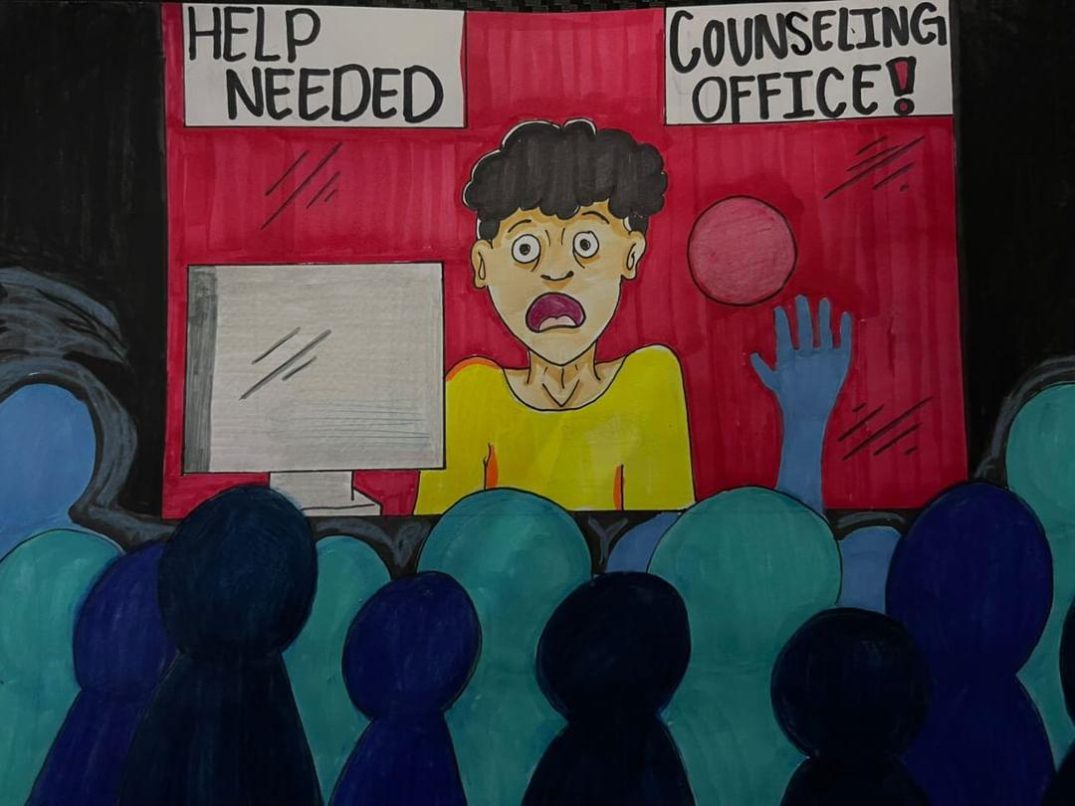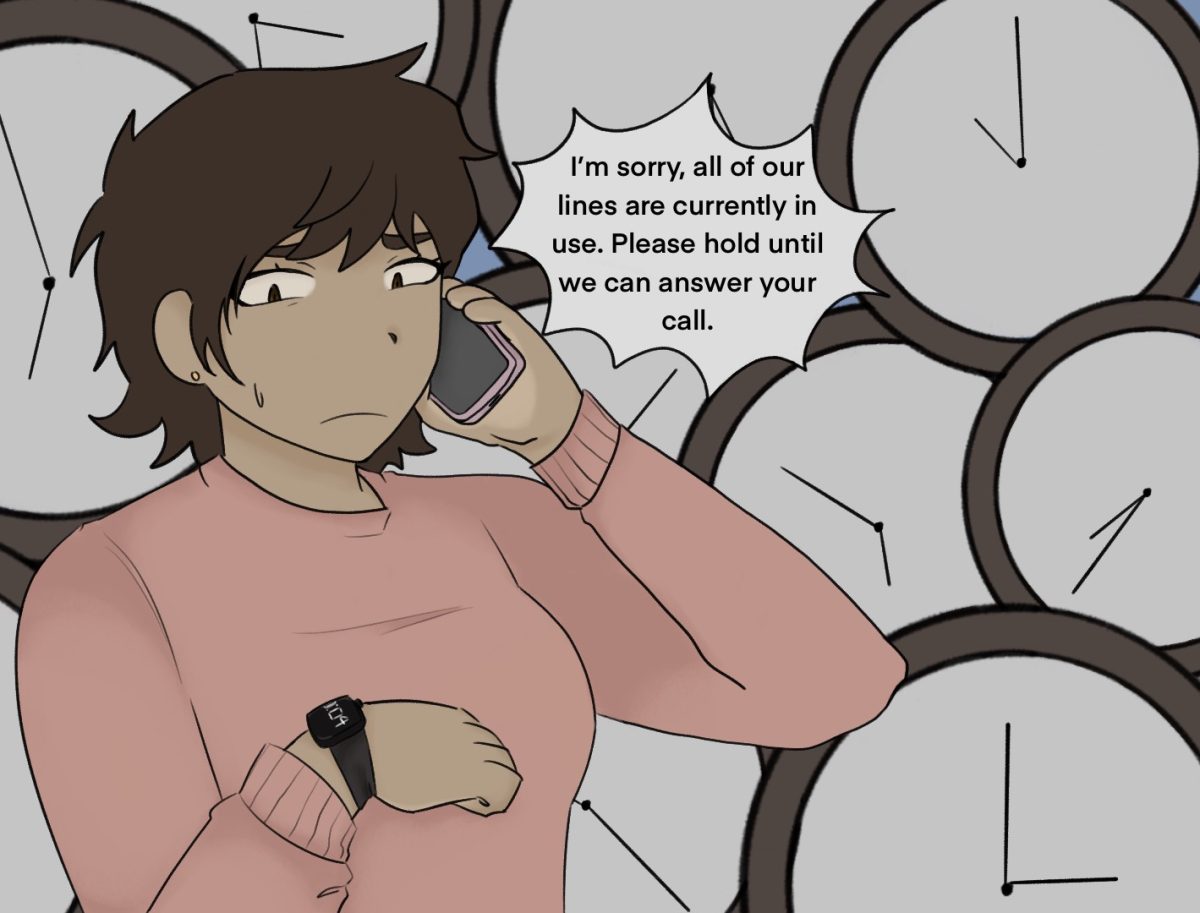Tom Petty once spoke words of truth in a song he released in 1981.
“The waiting is the hardest part.”
These words should have been taken to heart recently, as an adult female was the survivor of a sexual assault that happened on campus.
Both survivors of the past EC sexual assaults waited a number of days to come forward in an attempt to inform authorities. While neither of these women came forward immediately after the assault, it is not unheard of for survivors to wait before informing the authorities, as the Sexual Assault Crisis Agency noted. In fact, only 16 percent of all rapes are reported.
That can lead one to ask why the other 84 percent aren’t coming forward.
However, what we really should be asking is how is the victim? Is there anything we can do to help? In no way should the victim be judged for not coming forward, especially in a situation like this. But we also must not forget that the best thing to do is to talk about it.
Victims of sexual assaults often do not report the incident, because a thorough investigation is required immediately afterward.
Feelings of guilt and doubt pervade the victim. They wonder if they initiated the assault and in some way deserved to be attacked.
On top of the debilitating and traumatic experience itself, the victim has to be immediately examined in a hospital and then taken to the police station to recount and relive the experience. It is understandable then, that so many may not want to come forward.
The incident in question occurred on a Friday afternoon when the campus is basically a ghost town, with stragglers here and there, in a building on campus.
In light of everything that may or may not have happened, there must be a way these events can be eliminated from this campus.
Over the past few years, there have been multiple assaults per year, many of them either happening during times where night classes are in session, or in areas where no one was near.
Campus police, whose presence is relatively scarce on Fridays and who are usually patrolling the surrounding areas, should have more of an obvious presence on campus. This would make people feel safer.
Campus police do a fine job protecting students during prime-time occupancy, but on days described as before, walking in groups is the most logical thing to do.
Taking evening classes with friends can be an alternative, but that is not always possible.
A restroom in a building at the southeast end of campus on a different side than the police station is where the incident occurred.
This leads one to think that a lack of funding has also weakened our campus safety, because cadets and officers are not around when the attacks occur.
These assaults should not be happening. There is no explanation as to how they happened, but the victims must come forward.
The person assaulted should find a way to talk about what happened to someone trustworthy.
Alternative methods to seeking a person to talk to is what the Sexual Assault Crisis Agency is all about. Commercials are aired frequently on our radio and TV offering an ear to listen if needed.
However, if the survivor is not ready to talk, that person should not be forced to do so. In no way should they be forced to talk about something they are still uncomfortable talking about.
But just as Petty said verse after verse in his composition, “the waiting is the hardest part.”
Waiting to tell someone can make things worse as the persons described in the police report may be much harder to find.
Assaults like the one mentioned have been happening on this campus for some time, and time after time, very little has been done about it.
There must be a way to protect those on campus.





